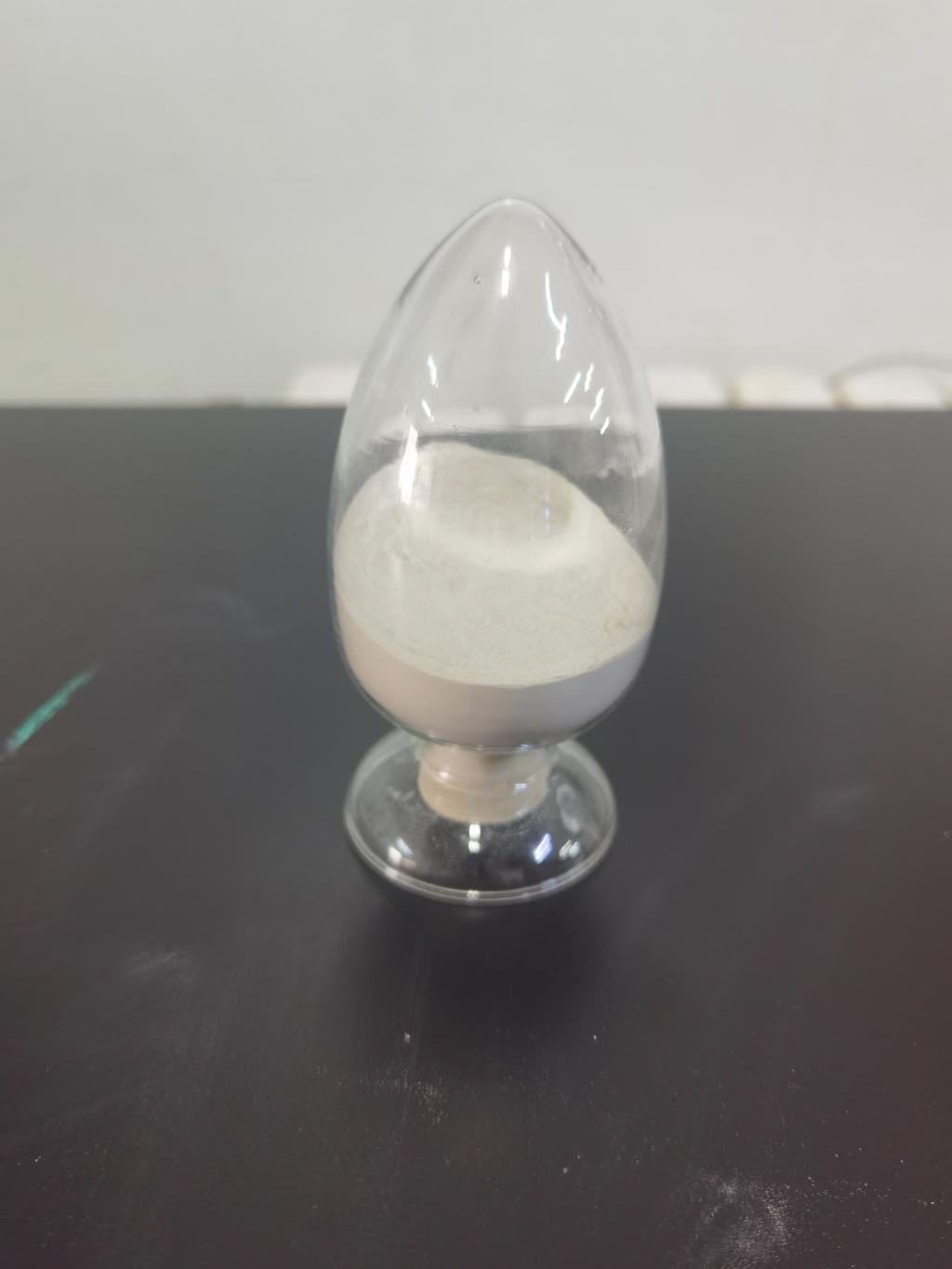Tel:+8618231198596

News
 CONTACT
CONTACT
 CONTACT
CONTACT
- Linkman:Linda Yao
- Tel: +8618231198596
- Email:linda.yao@dcpharma.cn
- Linkman:CHARLES.WANG
- Department:Overseas
- Tel: 0086 0311-85537378 0086 0311-85539701
News
The Rise of Nisin: A Natural Alternative to Synthetic Preservatives
TIME:2024-01-09
The Need for Natural Alternatives:
Synthetic preservatives have long been used to extend the shelf life of food products, preventing spoilage and microbial contamination. However, concerns about the potential health risks associated with these chemicals, coupled with the growing preference for clean-label products, have fueled the search for natural alternatives. Nisin, with its roots in traditional food preservation practices, has stepped into the spotlight as a viable and sustainable option.
Properties of Nisin:
Nisin is a peptide produced by certain strains of lactic acid bacteria, most notably Lactococcus lactis. Its antimicrobial activity is attributed to its ability to disrupt bacterial cell membranes, creating pores that lead to cell death. This unique mechanism makes Nisin effective against a broad spectrum of bacteria, including some antibiotic-resistant strains.
Applications in the Food Industry:
The versatility of Nisin makes it suitable for various applications in the food industry. It has found use in preserving dairy products, meat, poultry, seafood, and even in the canning process. The ability of Nisin to target specific bacteria without affecting the taste, texture, or nutritional value of the food product makes it an attractive option for manufacturers seeking natural preservation methods.
Advantages Over Synthetic Preservatives:
Nisin offers several advantages over synthetic preservatives. Unlike some chemical additives, Nisin is a naturally occurring substance that is produced during the fermentation process. This aligns with the growing consumer demand for transparency and cleaner labels. Additionally, Nisin's mode of action is specific to bacterial cells, minimizing the impact on human cells and reducing the likelihood of adverse effects.
Extending Shelf Life and Maintaining Quality:
One of the primary reasons for the rise of Nisin is its effectiveness in extending the shelf life of food products. By inhibiting the growth of spoilage microorganisms, Nisin helps maintain the quality and freshness of perishable items. This not only addresses consumer concerns about food waste but also benefits both producers and consumers by minimizing losses and improving economic efficiency throughout the supply chain.
Regulatory Approval and Safety:
Ensuring the safety of food additives is a critical aspect of their adoption in the food industry. Nisin has been granted regulatory approval in many countries, including the United States and European Union, affirming its safety for consumption. Ongoing research continues to explore the potential health benefits of Nisin beyond its preservative properties, contributing to its growing acceptance.
Challenges and Considerations:
While Nisin presents a promising alternative, it is not without challenges. Issues related to stability, cost-effectiveness, and scalability must be addressed to fully realize its potential. Collaborative efforts between researchers, food manufacturers, and regulatory bodies are essential to overcome these challenges and integrate Nisin into a wide range of food products successfully.
Consumer Perception and Education:
The success of Nisin as a natural preservative also hinges on consumer perception and understanding. Educating consumers about the safety and benefits of Nisin, as well as its traditional use in food preservation, can foster greater acceptance. Transparent labeling and clear communication about the origins and purpose of Nisin in food products contribute to building trust among consumers.
Sustainable Practices and Environmental Impact:
The rise of Nisin aligns with the broader trend towards sustainability in the food industry. As a natural antimicrobial agent, Nisin can be produced through fermentation processes, reducing the environmental footprint associated with synthetic preservatives. The adoption of Nisin contributes to a more sustainable and eco-friendly approach to food preservation.
Future Outlook:
The increasing acceptance of Nisin as a natural alternative to synthetic preservatives signals a shift towards a more sustainable and health-conscious food industry. Ongoing research and technological advancements are likely to expand the applications of Nisin further. As the demand for clean-label products continues to rise, Nisin's role in shaping the future of food preservation appears promising.
Conclusion:
The rise of Nisin as a natural alternative to synthetic preservatives reflects a broader paradigm shift in the food industry. Consumers, armed with a greater awareness of the impact of their choices on health and the environment, are driving the demand for cleaner, more sustainable food options. Nisin's unique properties, regulatory approval, and versatility position it as a frontrunner in the quest for natural preservatives, offering a glimpse into a future where food can be both safe and sustainable.
- Tel:+8618231198596
- Whatsapp:18231198596
- Chat With Skype







